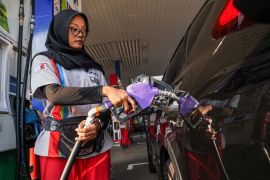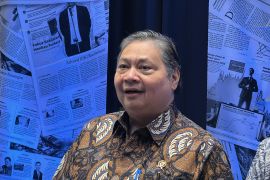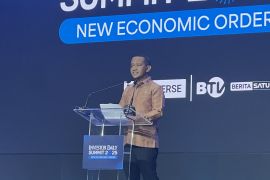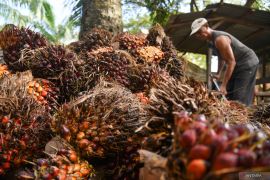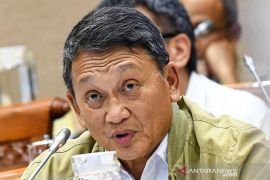"The development of the biodiesel industry is highly dependent on the success of building palm oil plantations sustainably," he remarked while delivering a presentation on the prevention of maladministration in the palm oil industry governance services here on Monday.
In this regard, Fatika suggested Energy and Mineral Resources Minister Bahlil Lahadalia make improvements in the biodiesel policy to achieve energy security.
The improvements include the creation of a road map for the B40 or B50 biodiesel program, including ensuring the availability of crude palm oil as the raw material and the readiness of production infrastructure, among other aspects.
Furthermore, he highlighted the issue related to the budget for the biodiesel program.
If the biodiesel program is further increased, namely reaching B50, then the amount of palm oil exports is feared to decrease, resulting in a dip in export revenue.
Related news: Biodiesel program encourages sustainable palm oil business: Ministry
He pointed out that the incentive costs to be borne for the biodiesel program will be even greater.
To this end, if the biodiesel program is not followed by an increase in palm oil productivity, then it would cause a reduction in exports.
"If the exports decline, biodiesel incentives will decrease more, and the burden on the state budget will be bigger. This is what must be calculated comprehensively," he remarked.
The Ministry of Agriculture stated that Indonesia needs to secure 20 million kiloliters of crude palm oil production per year to implement the 50 percent biodiesel mix or B50 program.
The biodiesel mix still applicable in Indonesia is B35. The government is seeking to increase the biodiesel mix from 35 percent (B35) to 40 percent (B40) in 2025 and is making preparations for the implementation of B50.
Related news: Indonesian Palm Oil: Sustainable and Reliable
Translator: Putu Indah, Raka Adji
Editor: Yuni Arisandy Sinaga
Copyright © ANTARA 2024




